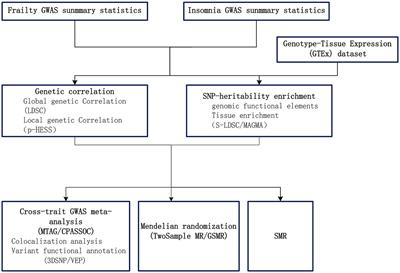EDITORIAL
Published on 10 Dec 2024
Editorial: Aging, peripheral inflammation, and neurodegeneration
doi 10.3389/fnagi.2024.1529026
- 1,397 views
10k
Total downloads
39k
Total views and downloads
EDITORIAL
Published on 10 Dec 2024
ORIGINAL RESEARCH
Published on 11 Sep 2024
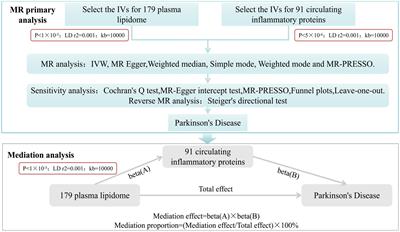
ORIGINAL RESEARCH
Published on 12 Aug 2024
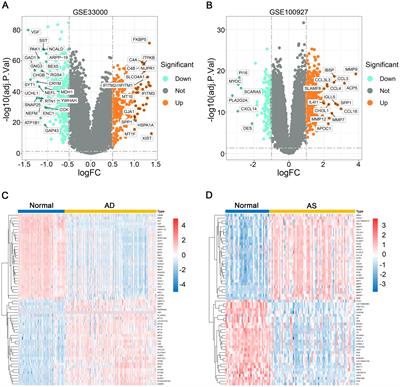
BRIEF RESEARCH REPORT
Published on 08 Aug 2024
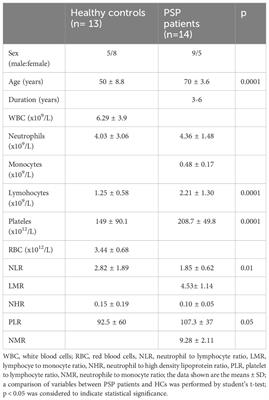
REVIEW
Published on 17 Jun 2024
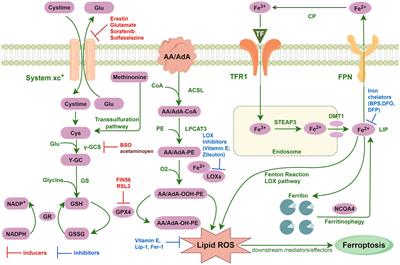
ORIGINAL RESEARCH
Published on 21 May 2024
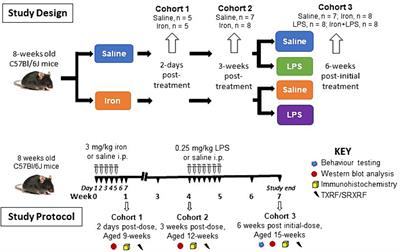
REVIEW
Published on 03 Apr 2024
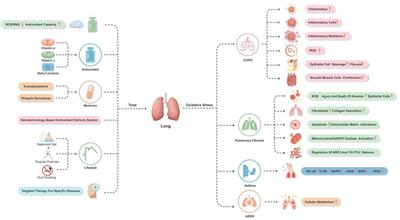
ORIGINAL RESEARCH
Published on 27 Mar 2024
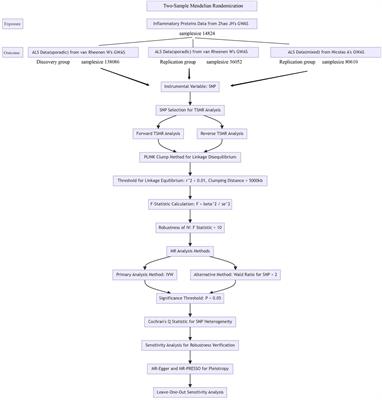
ORIGINAL RESEARCH
Published on 27 Mar 2024
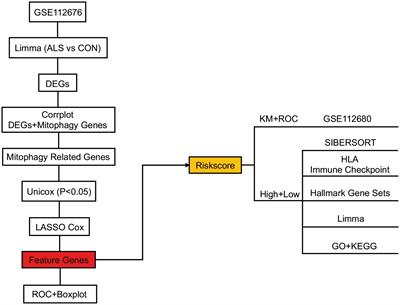
ORIGINAL RESEARCH
Published on 22 Feb 2024
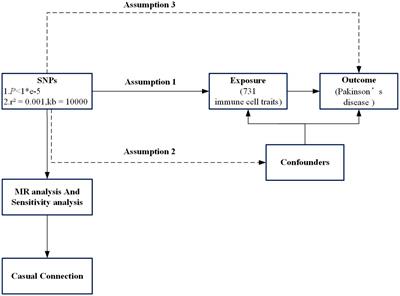
HYPOTHESIS AND THEORY
Published on 21 Feb 2024
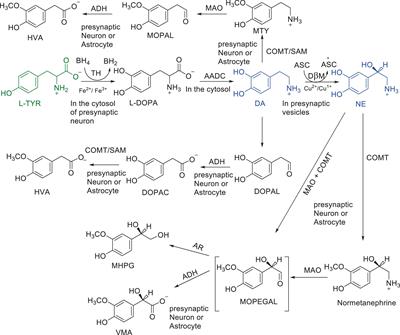
ORIGINAL RESEARCH
Published on 15 Feb 2024
